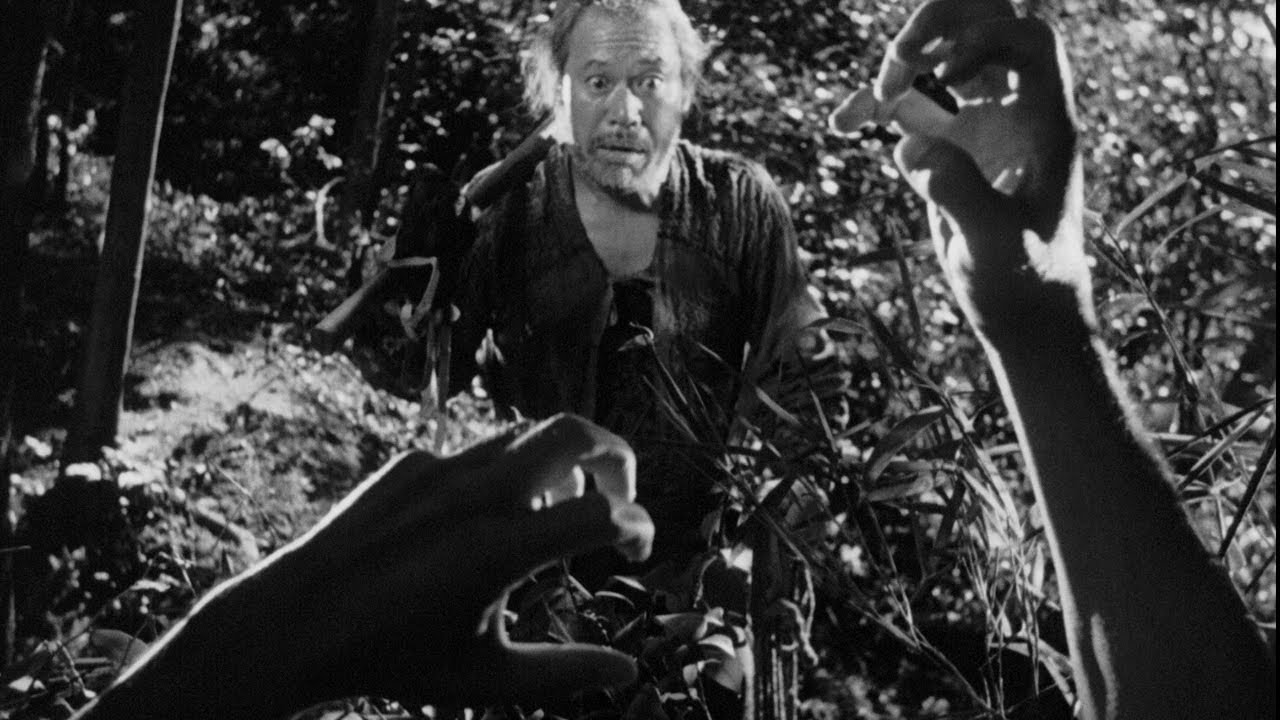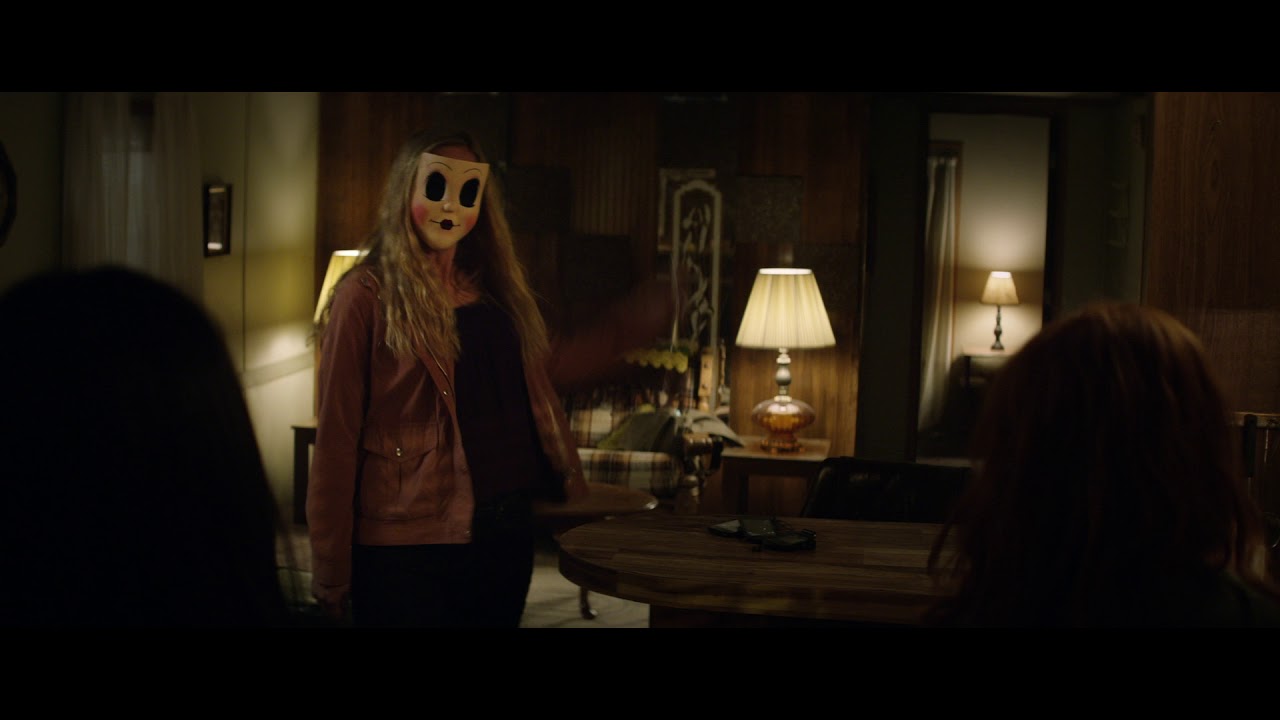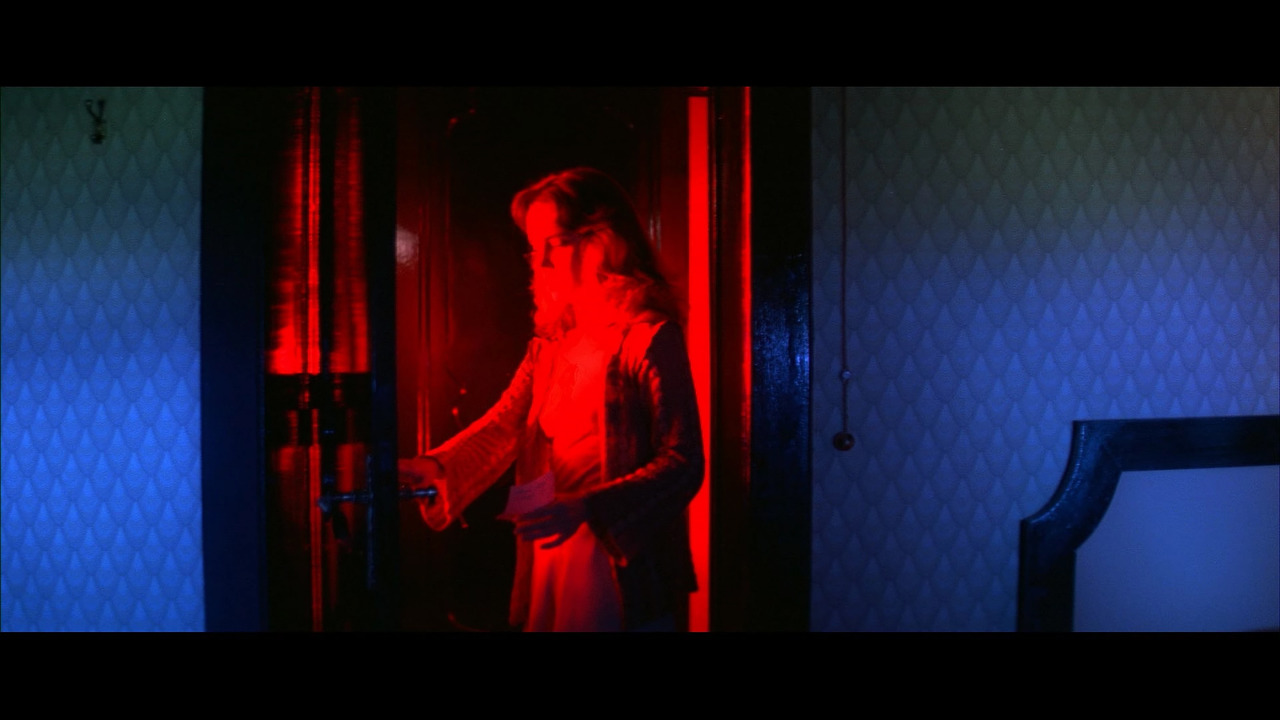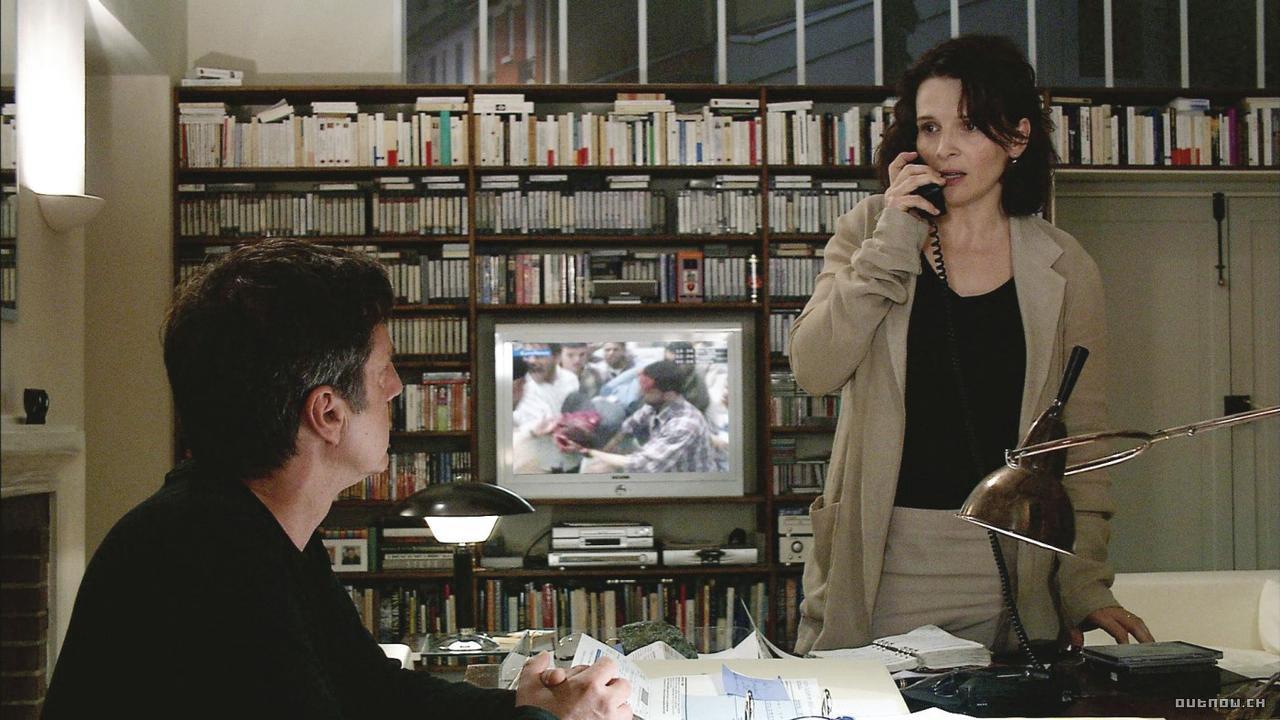Laura Bohannan was preparing to leave to study the rituals of the Tiv people in West Africa when she got into a disagreement with a fellow Oxford professor, who claimed that Americans, not steeped in English culture, naturally misunderstand Hamlet.
Lark
All movies, of course, come to us pre-packaged in some way, sure. But there is packaging, and there is packaging.
1979’s The Visitor is firmly in the second camp, at least for those of us who see it for the first time now, in hi-def, remastered form and given an aura of the cult secret.
How did I first come into contact with the idea of Rashomon? It was definitely a sitcom episode — but which one? Was it the episode of All in the Family that copied it? Or the episode of Everybody Loves Raymond in which Ray and Debra gave different versions of a fight?
The Strangers: Prey At Night isn’t quite the 80s movie the music and trailers suggest, and it’s not quite the 70s movie that the logo other trailers suggest. (It’s too bad about the colon; The Strangers Prey At Night could legitimately be the title of a forgotten original-generation slasher.)
Few literary characters have ever been interpreted as definitively as David Suchet’s Poirot. The two have become so inextricable that I can’t imagine one without the other. And there are not even any extra stories to adapt: from 1989 to 2013, Agatha Christie’s Poirot adapted every single Poirot novel and short story into feature-length episodes.
One of the great joys of the film dork is finding a new What the hell is this? movie, one that they can share with their friends as a baffling experience. There are, however, some fine gradations to the uncategorizable surprise that are sometimes overlooked.
What is Suspiria about? It’s about an American woman who goes to an extremely Italian Germany to attend a prestigious dance academy, and who slowly discovers that it is actually being run by a coven of demonic witches. (She would have figured it out a lot earlier if she could have listened to the soundtrack, in which a semi-diagetic voice occasionally whispers “witch!”)
In Geostorm, there is an evil mastermind at work in the American government who has a plan to destroy the world with “extreme weather” via the wonderfully silly plot device of a satellite-based weather control system. The guilty party, the protagonists believe, is the President, but of course it isn’t.
There are a lot of ways a filmmaker can be hard to like. They might make incredibly long films, or incredibly slow films, or incredibly slow, long films; they might be hard to track down, or hard to find in decent-looking formats; they might make wonderful films but be awful in real life.
Don’t let the name or the opening moments trick you: Self-Criticism of a Bourgeois Dog is not really about dogs. But that feint is itself representative of Julian Radlmaier’s comedy, which propels itself along by sudden swerves.
Its first real narrative thread is inauspicious: Radlmaier, playing himself, out of money to make his next film, is forced to work at a peach-picking plantation, convinces a woman (Deragh Campbell) he is doing research for a new film that he wants her to star in.










